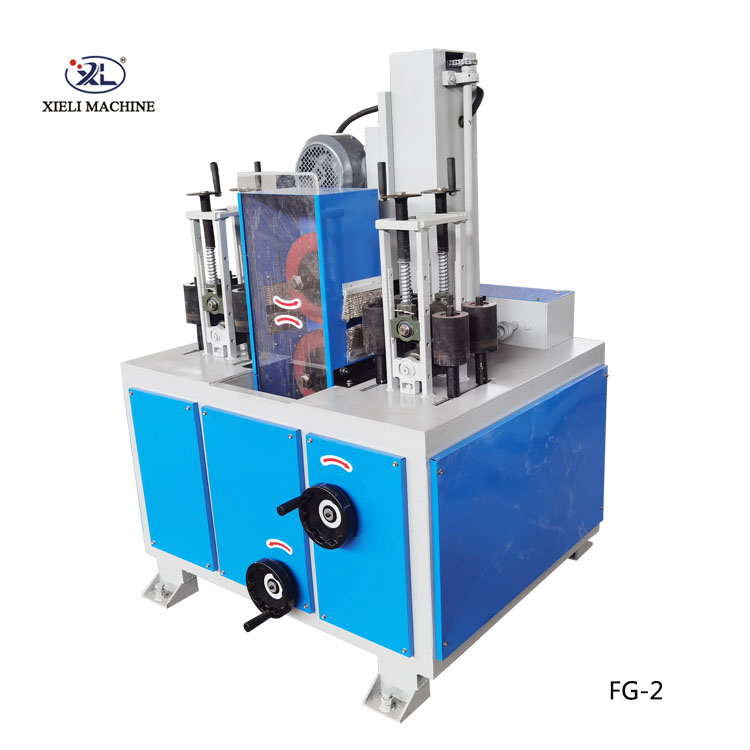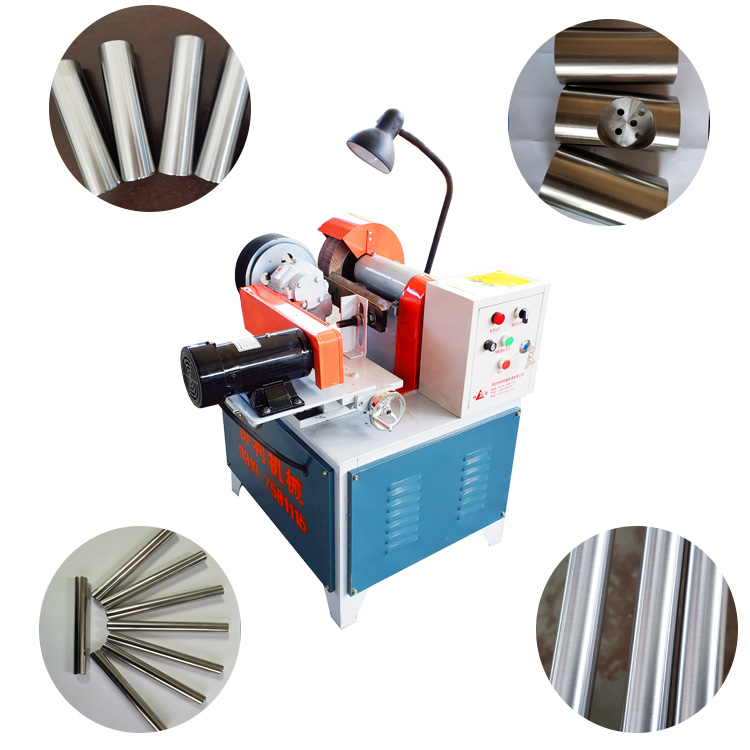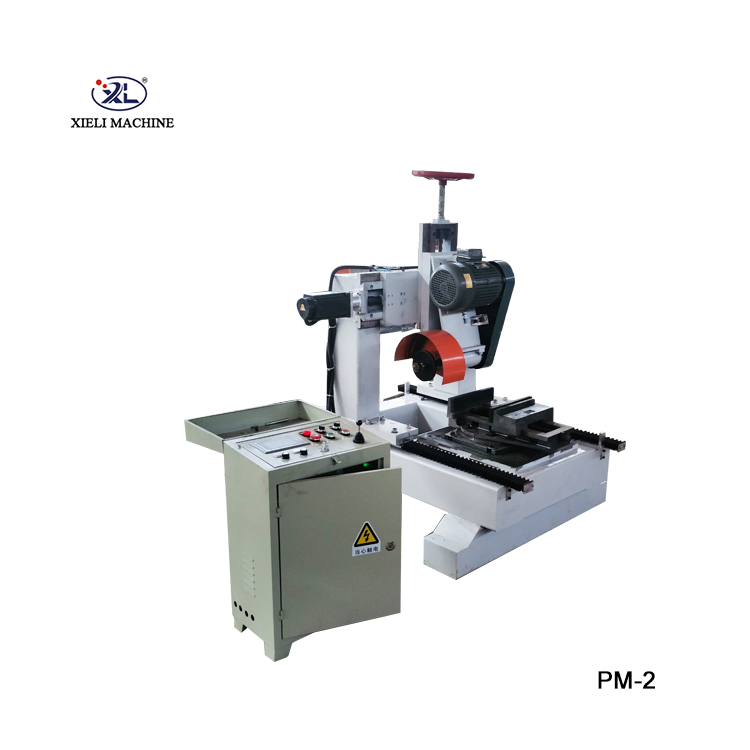Metal Surface Polishing Machines A Key to Perfect Finishes
In today’s manufacturing and fabrication industries, the quality of surface finishes has become a critical factor that directly influences the aesthetic appeal and durability of metal components. One of the most effective ways to achieve a high-quality finish is through the use of metal surface polishing machines. This article delves into the significance of these machines, their types, applications, and the benefits they offer to businesses.
The Importance of Metal Surface Polishing
Metal surface polishing is an essential process used to enhance the appearance and performance of metal products. Polishing not only improves the aesthetic appeal by creating a shiny finish but also helps in removing surface defects, such as scratches and imperfections. Additionally, a polished surface is less likely to corrode, making it more durable and resilient in harsh environments. Industries ranging from automotive to aerospace rely on polished surfaces for both functionality and compliance with safety and aesthetic standards.
Types of Metal Surface Polishing Machines
There are several types of metal surface polishing machines available in the market, each designed for specific applications and materials
1. Belt Polishers These machines utilize abrasive belts to polish flat, curved, or irregular surfaces. They are ideal for larger components or sheets of metal, allowing for uniform polishing over extensive areas.
2. Orbital Polishers Orbital polishing machines provide a circular motion that helps achieve a smooth and even finish on metal parts. They are especially popular in automotive detailing and for polishing finished metal products.
3. Vibratory Finishers These machines use a vibrating action combined with abrasive media to polish and deburr metal components effectively. They are widely used for small parts that require intricate finishing.
4. Cylindrical Polishers Designed for round parts, cylindrical polishers can achieve a highly polished surface on rods, pipes, and other cylindrical shapes. They often feature adjustable settings to accommodate various diameters.
5. Robotic Polishers The advancement of technology has led to the development of robotic polishing systems. These automated machines use AI and precise control to achieve consistent polishing results, reducing labor costs and increasing production efficiency.
Applications Across Industries
metal surface polishing machine products

Metal surface polishing machines find applications in various industries, including
- Automotive Industry In automotive manufacturing, polished surfaces are critical for both aesthetic appeal and functionality. Components like exhaust systems, wheels, and engine parts benefit significantly from polishing processes.
- Aerospace Industry The aerospace sector demands the highest quality finishes due to stringent safety regulations. Polished surfaces on aircraft components improve aerodynamics and reduce drag, ultimately enhancing performance.
- Medical Devices Polishing ensures that medical instruments are free of contaminants and have smooth surfaces for safe use. This is particularly important for surgical tools and implants.
- Consumer Goods Household items, appliances, and decorative metal products often undergo polishing to enhance their visual appeal and user experience.
Benefits of Metal Surface Polishing Machines
Investing in metal surface polishing machines brings numerous advantages to businesses
- Enhanced Product Quality High-quality finishes improve the overall appearance and durability of products, leading to higher customer satisfaction.
- Increased Productivity Automated polishing machines enhance efficiency by reducing manual labor and speeding up production times.
- Cost-Effectiveness While initial investments may be significant, the long-term savings and increased production output often outweigh the costs.
- Versatility Many polishing machines can handle various materials and shapes, making them adaptable to different manufacturing needs.
In conclusion, metal surface polishing machines are vital tools that not only enhance the aesthetic and functional qualities of metal products but also significantly contribute to the efficiency and productivity of manufacturing processes. As industries continue to evolve, these machines will play an increasingly important role in maintaining high standards of quality and performance.





